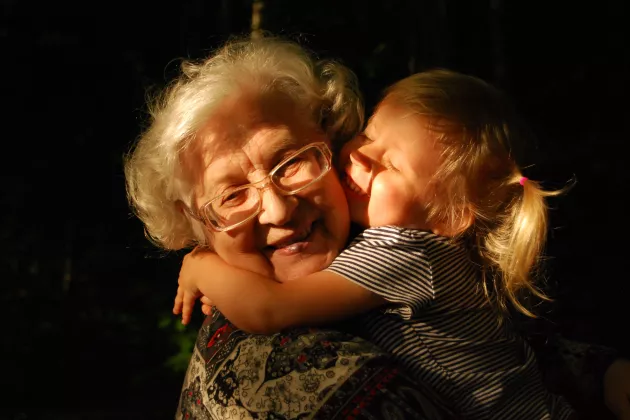Exit strategies included relocation and forms of adaptation and detachment. They used several voice strategies to actively try to solve the problems and engage with the community. Loyalty strategies-and relativizing-were used to defend their neighborhood reputation.
The background to this study is the existence of social problems, crime, and a diminishing sense of community that are acknowledged challenges to residents of deprived neighborhoods.
In research on deprived neighborhoods in Sweden, the perspectives of young residents and adults of working age dominate. This study explores how older adults in deprived neighborhoods in Sweden experience crime and disorder, and how they adapt and respond to these problems and the neighborhood's poor reputation.
This is Afsaneh Taei´s first published article. Co authors Håkan Jönson and Marianne Granbom.



